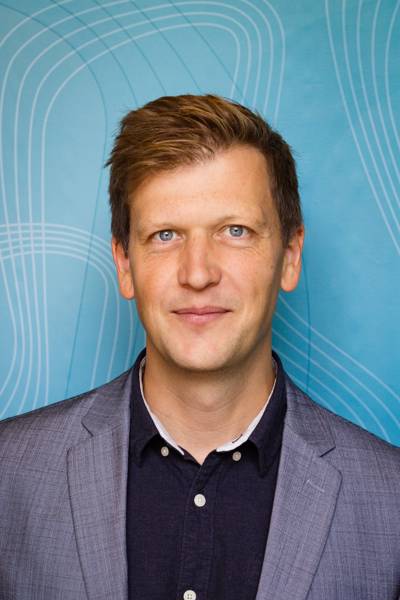In this article, we examine the possibility of exercising critique through the mandatory ethical coverage that EU security research projects must be subjected to.
Applied ethics, so we argue, speaks to several core issues in the critical security studies agenda, such as turning abstract considerations of critique into forms of tangible cooperation, engaging exoteric communities, and placing normative questions about security within concrete contexts of its imagination and production. Accordingly, it can be seen as a concrete way of putting critique to work. At the same time, however, applied ethics does face considerable challenges that result from its location in the middle of numerous cross-pressures, such as political ambitions, economic interests, technological rationales and the demands of security professionals. These challenges risk turning what was intended to be the critical corrective of applied ethics into a legitimizing function of mere ‘ethics approval’. Drawing on personal experiences as well as debates on critical security studies and ethics, we discuss some of these challenges and discuss the possibility of and conditions for critique within the arena of EU security research.








